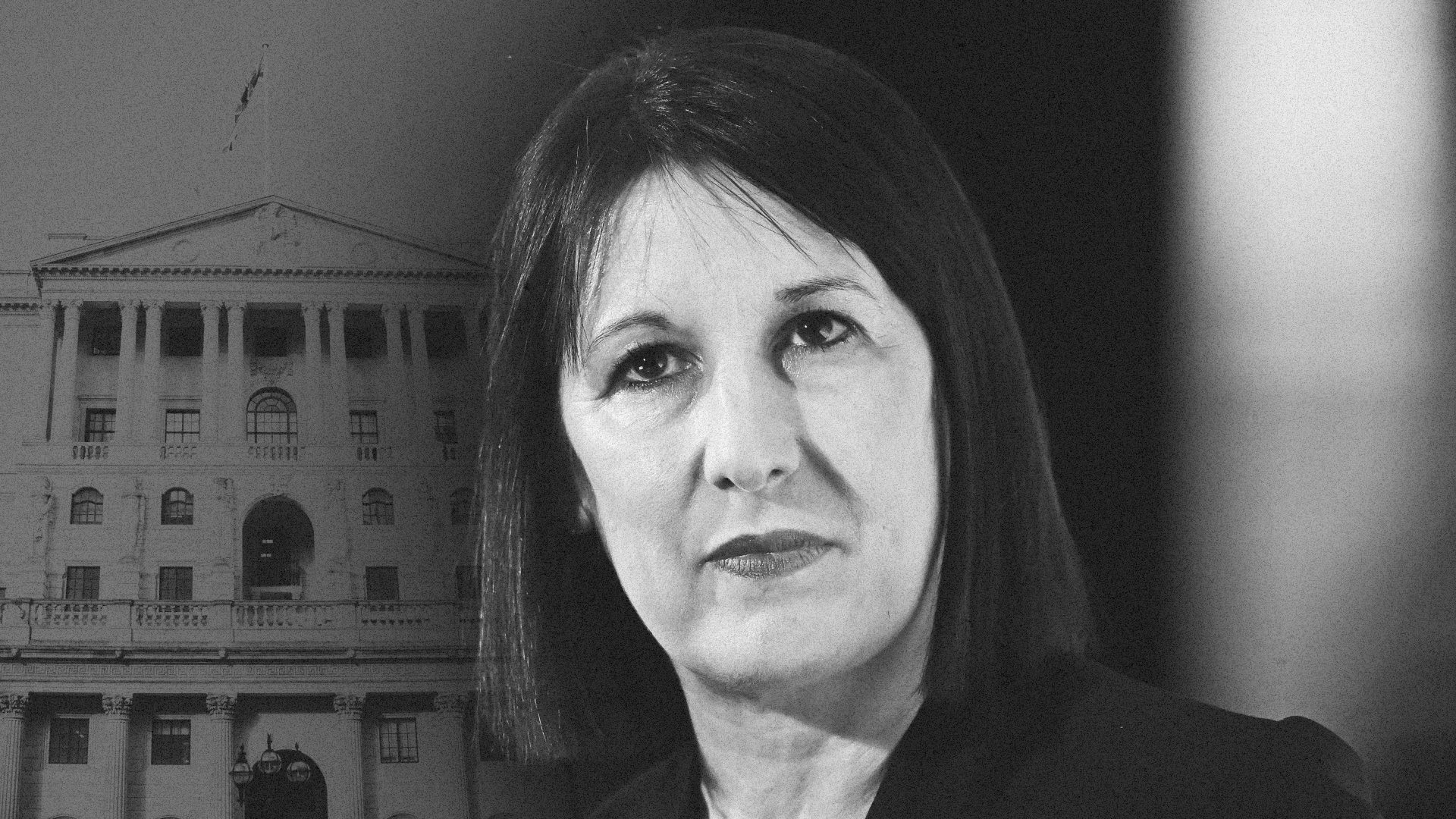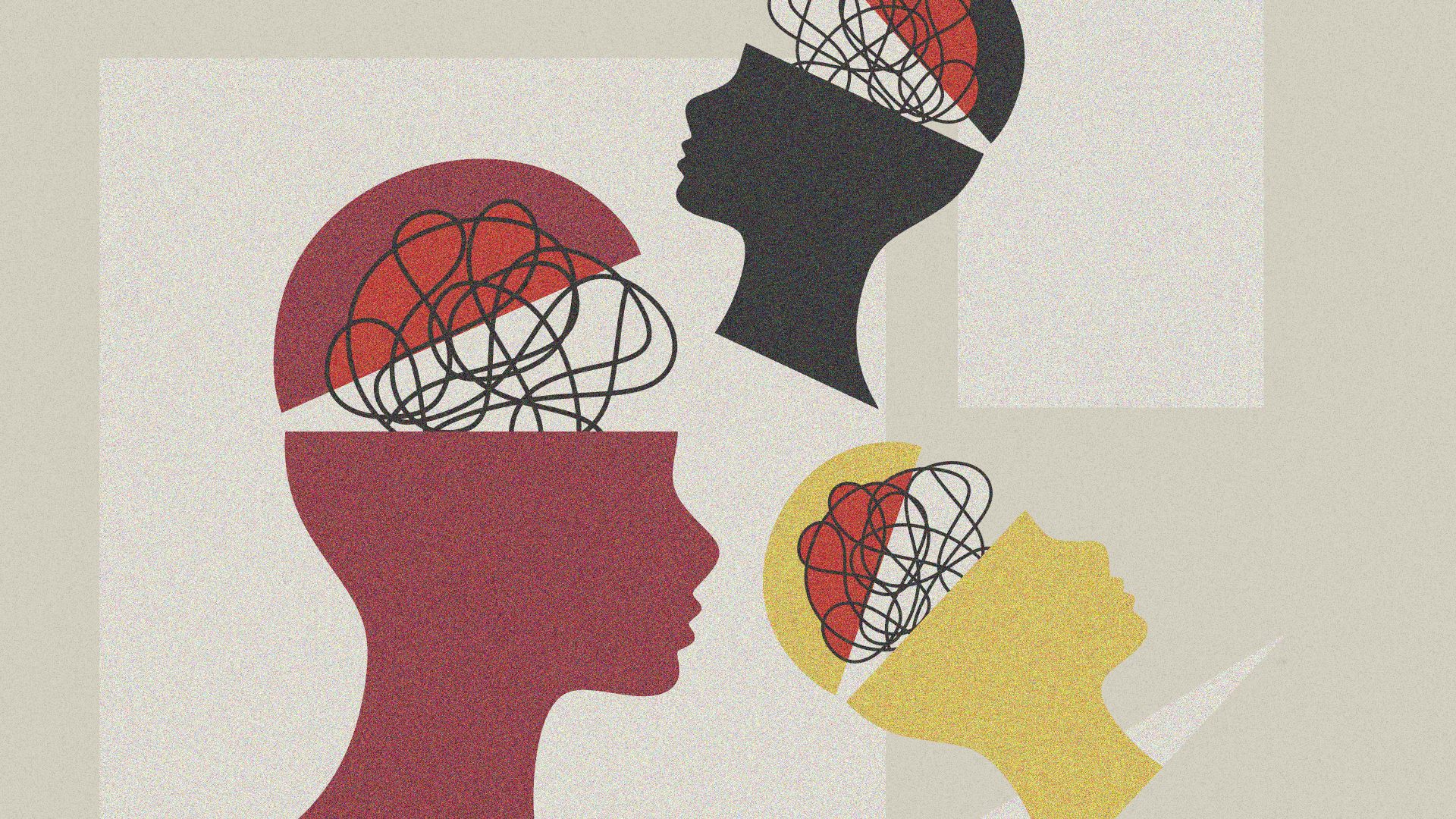Labour does not yet look like the proverbial rabbit in the headlights, but it knows who’s driving the car. Reform is neck and neck with Labour on around 25% in three recent polls – and while that’s a disaster for the Tories, it means Keir Starmer now has one job: to make the threat of a Nigel Farage-led government go away.
And that’s not easily done. An MRP survey for Hope Not Hate last week revealed that Reform is mobilising voters from diverse constituencies: Tory traditionalists, elderly working-class people who used to vote Labour, angry and radicalised young men who love Andrew Tate, George Galloway and even Jeremy Corbyn – plus large numbers of centrist voters who are just sick of politicians’ failure to deliver.
So right now, the Labour Party looks like a machine built for two-dimensional warfare that suddenly has to fight across four dimensions: against the Tories, Lib Dems, Reform and the Greens.
It knows, because every political science academic worth their salt says so, that trying to ape Reform over migration, crime, trans rights etc, would be counter-productive. But the 89 MPs who face Reform as their main opposition know they need to have some kind of narrative to counter Farage’s momentum.
Labour’s first stab at a response came with the release of Facebook ads, paid for by its Yorkshire and Humberside region, claiming the party has hit a “five-year high in migrant removals”. The ads showed the silhouettes of a queue of people who looked young and male. For good measure, they were designed using the colours of the Reform Party itself.
I was dismayed by some of the detail: the migrants removed were likely to have been either visa-overstayers, convicted criminals or failed asylum claimants, 88% of whom come from Albania. Why not make that clear?
But I am glad they are trying to do something. Because this is not primarily an electoral problem. This is a society-wide problem of radicalisation and despair – and incremental “delivery” will not budge it. If you listen carefully to what’s driving people to Reform, it is not only, or even primarily, racism. Some of their voter subgroups are actually quite OK with the multicultural society we have achieved: they just want to see it work, and stop it being taken advantage of. That, surely, is an aim Labour can overtly share.
The fundamental problem is that the global economy has become a zero sum game. If somebody else wins, we in Britain lose.
That’s being driven by stagnant global growth, rising trade rivalries and the tensions driven by climate change. And for as long as our economy is not growing, it too creates a zero sum game.
And voters who have never read a word of game theory can understand the implications. For every success story that is not theirs, they are the losers. It’s a recipe for resentment, but it’s logical.
So to the extent that we need migration – to staff our NHS and care homes, to fuel the booming UK tech sector and build the nuclear power stations – it has to be offset by measures that mitigate the stress it places on housing, public services and social cohesion.
Yet the state we have is not capable of doing that. Ask Reform voters about what riles them, and it is not just the small boat arrivals.
It is crime, antisocial behaviour and the non-trivial matter of seeing people parade through the streets shouting support for Hamas. It is also potholes, and infrequent bin collections. Taken together, the idea that “nothing works how it’s supposed to, and those who stick to the rules are being taken for idiots” is plausible.
There is a huge majority in Britain for a liberal, multicultural society. If the progressive parties can reduce the Tories and Reform to representing those who reject this, we can win.
So rather than Facebook adverts, I would like to see Labour storytelling through action. And here are three actions that I think Keir Starmer could take, if he were prepared to eat some “Trump Weetabix” one morning.
First, launch a major, nationally co-ordinated crackdown on the crimes people care about: mobile phone theft; online scams; drug dealing and the related antisocial behaviour that blights many working-class communities.
Second, set an official target for net inward migration. The Office for Budget Responsibility expects it to fall from close to a million to 335,000. I would accept that as the target, and adjust visa rules to make it happen. Setting and meeting a migration target is something no government has done for decades, and in a zero sum world it is a progressive thing to do.
Third, Starmer should bring forward a single digital ID scheme. There are strong economic reasons, and much greater buy-in than the last time it was tried. Three quarters of adults use the NHS app; the electronic drivers’ licence is coming; and everyone who banks on their smartphone already uses biometric security.
But there are now also strong social cohesion arguments for ensuring that people are who they say they are. Almost every aspect of street crime and scamming relies on the untraceability of the perpetrator. As for the continued failures of child protection, giving every child a digital ID at birth would help us to end the scandal of children being “lost” by social services.
An added political bonus is that digital ID will split the far right down the middle – with the libertarians outraged and the authoritarian conservatives all for it.
There’s nothing draconian or right wing about fighting crime effectively, matching migration to economic need or de-anonymising public space. The most progressive governments in Europe do all of this, and well.
Ultimately, it’s about making the state look as if its first and overriding task is to protect the security and prosperity of the vast majority of its citizens. Do that, and you can beat Reform.




